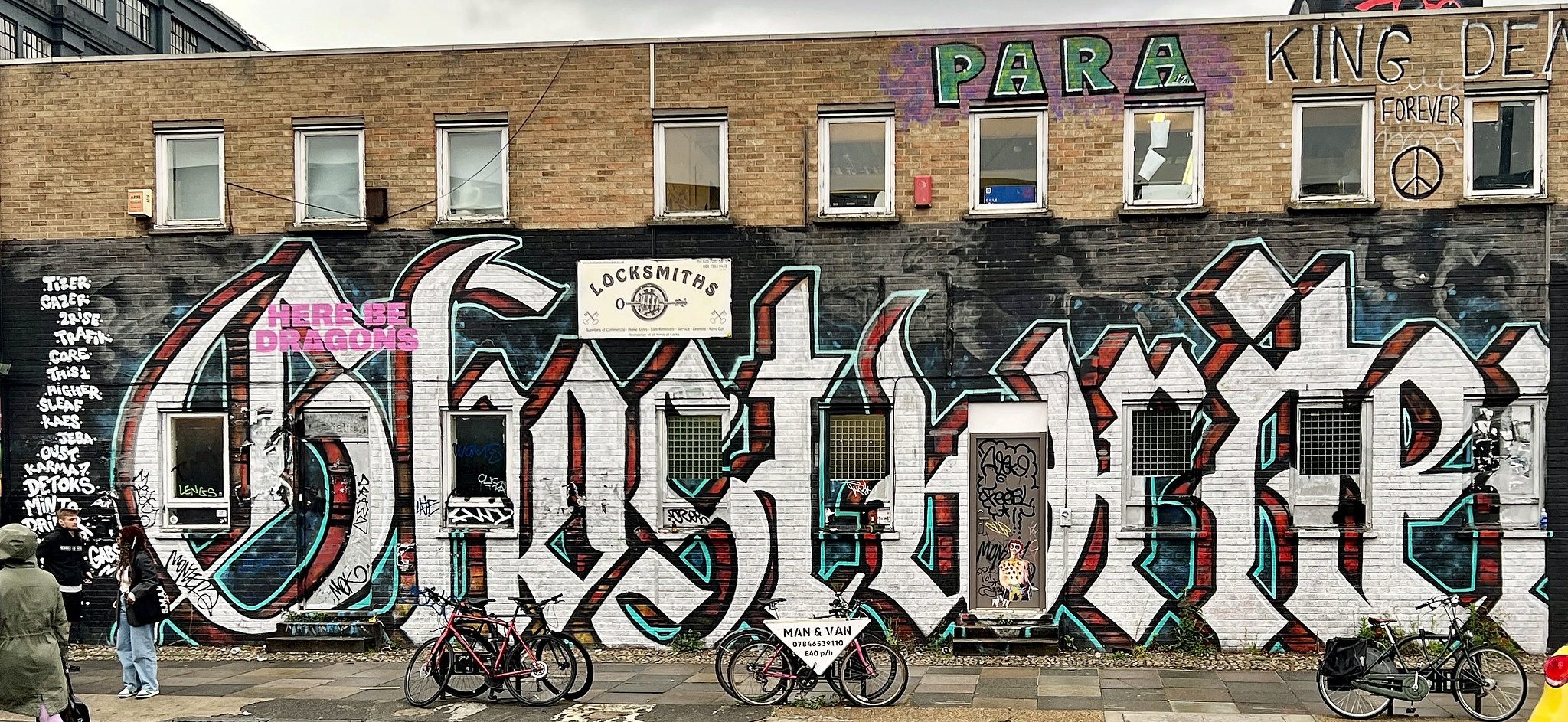The Ghost in the Margins
Many of us are familiar with the common practice of ghost-writing, even if it is often not fully appreciated. Ghost-writing entails someone writing work which credits someone else as the author, usually involving interviews between the two parties to discuss content, and it is more prevalent than most people realise.
This is why, in December 2024, the Society of Authors (SoA) called for ghostwriters to be acknowledged and credited, particularly in the realm of celebrity-penned literature.
According to The Ghostwriters Agency: “even conservative industry estimates say that more than 80% of celebrity books are ghostwritten.” However, this is likely an underestimation, since publishers often attempt to hide ghostwriters, which results in these figures being “hard to come by.”
The SoA, which is ‘the largest trade union of writers, illustrators and translators in the UK’, recognised the role which celebrity-authored books play in encouraging children to read, despite the challenges the digital age may pose.
Both illustrators and ghostwriters bring stories to life. Crediting them will not diminish the regard ascribed to the celebrity author
The union encouraged the publishing industry to “recognise and acknowledge the contributions which are made by all the creators involved, from the celebrities whose names encourage readers to pick up a book to the ghostwriters and, often, illustrators whose skills help to bring stories to life.”
This proposed acknowledgement of illustrators emphasises the importance that illustrations play in a book. Despite the well-known idiom advising people not to judge a book by its cover, book covers and the illustrations within books do still play a key role in enhancing books.
Both illustrators and ghostwriters bring stories to life. Crediting them will not diminish the regard ascribed to the celebrity author. This is exemplified by the books of the renowned footballer Marcus Rashford, the covers of which, including the first book You Are a Champion, credit Carl Anka as the co-writer.
From a moral standpoint, it seems unethical not to credit ghostwriters at all. Whilst it may be the name of Marcus Rashford or any other celebrity that attracts attention to the book, generating appeal and thus profit, none of this would be possible to begin with without the hard work and effort of the ghostwriter. The emphasis on the celebrity’s name is naturally bound up with the nature of celebrity culture and its immeasurable impact on our society, as this is ultimately what sells the book, inspiring people to pick it up initially.
Ghostwriters ultimately enable stories to come to life, so there should be a stronger emphasis placed on giving credit where it is due
Even when a ghostwriter does receive credit, how much are they really considered for their role in the work’s creation? This lack of appreciation could be improved by the marketing of books, which could encourage more appreciation. Many ghostwriters do not even receive royalties for their work, instead getting a one-off fee, which varies immensely depending on the celebrity and the instance.
Some ghostwriters may not want the attention that comes with being credited with their contributions. However, although confirmed figures are difficult to find owing to the unsurprisingly elusive nature of ghostwriters, they are rarely acknowledged and commended for their work.
Mark McCrum, co-author of Somebody Someday by singer-songwriter Robbie Williams, claims it is “high time that ghostwriters got recognition for their hard and highly skilled work”. He said that “a ‘with’ or a byline” on the inside title page “is enough”, and “ideally joint mention with the named celebrity in any bestseller lists”. This seems more than fair, considering the hard work that ghostwriters contribute and their invaluable role in the process.
That is not to say that there are no examples of ghostwriters being appreciated for their work. For example, it is reported that Prince Harry’s ghostwriter, JR Moehringer, had a seven-figure deal to write the memoir Spare. Joanna Nadin, Chris Hoy’s ghostwriter, has appeared with the former cyclist and racing driver at many events, an almost unique form of recognition in the realm of ghost-writing.
Ghost-writing is a practice that will no doubt continue to thrive and allow the public to engage on a higher level with people, especially celebrities. Ghostwriters ultimately enable stories to come to life, so there should be a stronger emphasis placed on giving credit where it is due, and this is something that both the publishing industry and the public are responsible for striving towards.

Comments